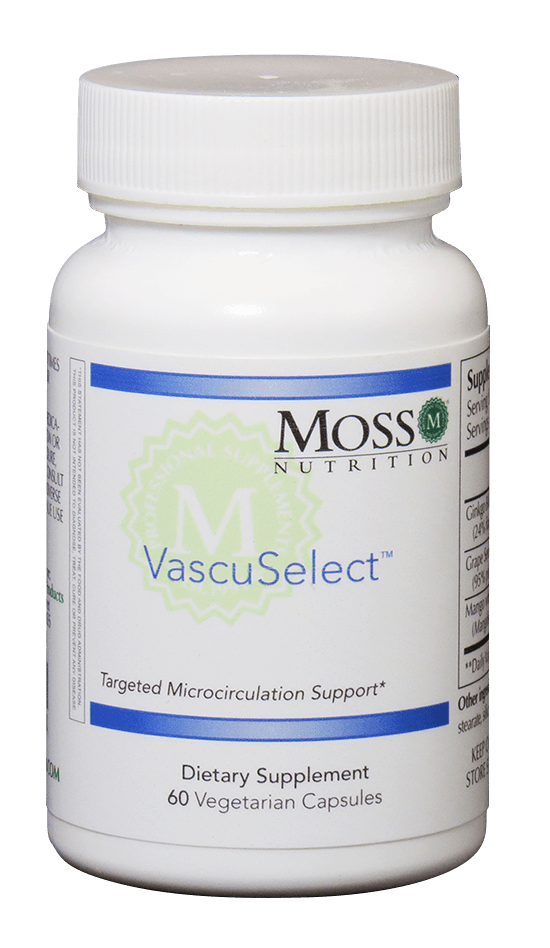Long COVID, also known as post-acute sequelae of SARS-CoV-2 infection (PASC) or long-haul COVID, refers to a condition where individuals experience persistent symptoms or develop new symptoms after recovering from the acute phase of COVID-19. Long COVID can affect...
Long COVID, also known as post-acute sequelae of SARS-CoV-2 infection (PASC) or long-haul COVID, refers to a condition where individuals experience persistent symptoms or develop new symptoms after recovering from the acute phase of COVID-19. Long COVID can affect individuals who had mild, moderate, or severe initial COVID-19 infections and can persist for weeks or months after the initial illness.
The specific symptoms and their duration can vary widely between individuals, but common symptoms of long COVID include fatigue, shortness of breath, cough, joint pain, chest pain, muscle weakness, brain fog, difficulty concentrating, memory problems, sleep issues, depression, anxiety, and other neurological or psychiatric symptoms. It can also affect multiple organs in the body, such as the heart, lungs, kidneys, and brain.

How does COVID-19 affect microcirculation?
Microcirculation refers to the circulation of blood in the smallest blood vessels, including arterioles, capillaries, and venules. While COVID-19 primarily affects the respiratory system, there is evidence suggesting that it can have systemic effects, including impacts on the cardiovascular system and microcirculation.
Here are some potential ways in which COVID-19 may affect microcirculation:
Endothelial Dysfunction:
COVID-19 has been associated with endothelial dysfunction, which is a condition where the cells lining blood vessels (endothelial cells) do not function properly. Endothelial dysfunction can lead to impaired regulation of blood flow and increased permeability of blood vessels.
In severe cases, viral infection and the resulting immune response may damage endothelial cells, contributing to a pro-inflammatory state and a potential disruption of microcirculation.
Blood Clotting and Thrombosis:
COVID-19 is known to be associated with an increased risk of blood clot formation (thrombosis). The formation of blood clots can potentially affect microcirculation by blocking small blood vessels.
The hypercoagulable state observed in some COVID-19 patients may contribute to microvascular thrombosis, leading to impaired blood flow in affected tissues.
Inflammatory Response:
The body’s inflammatory response to the virus can also impact microcirculation. Inflammation can lead to the release of inflammatory mediators, causing vasodilation (widening of blood vessels) and increased permeability, which may affect blood flow in the microcirculation.
Hypoxia and Tissue Damage:
Severe cases of COVID-19 may lead to respiratory distress and hypoxia (low oxygen levels). Hypoxia can have detrimental effects on tissues and organs, potentially impacting microcirculation.
Tissue damage and inflammation in the lungs may trigger a systemic response that affects microvascular function in other organs.
Impaired Oxygen Delivery:
In severe cases of COVID-19, where acute respiratory distress syndrome (ARDS) develops, oxygen exchange in the lungs becomes compromised. This can lead to inadequate oxygen delivery to tissues and affect microcirculation.
What is grapeseed extract?
Grapeseed extract is a dietary supplement derived from the seeds of grapes. It is rich in antioxidants, particularly compounds known as oligomeric proanthocyanidin complexes (OPCs). Additionally, grape seed extract contains flavonoids, another class of polyphenols with antioxidant properties.
These antioxidants help protect the body against damage from harmful free radicals, which can play a role in various chronic diseases. Grapeseed extract is commonly used for its potential health benefits, including improved cardiovascular health, reduced inflammation, enhanced immune function, and anti-aging effects.
How does grapeseed extract improve microcirculation in Long COVID?
The proanthocyanidins in grape seed extract help improve blood flow and circulation. By promoting the dilation of blood vessels, the extract supports the cardiovascular system’s ability to efficiently deliver oxygen and nutrients throughout the body.
Antioxidant Properties:
The proanthocyanidins and other antioxidants in grape seed extract have potent free radical-scavenging properties. By neutralizing free radicals, these antioxidants help reduce oxidative stress in the vascular system, including the microcirculation.
Oxidative stress can impair endothelial function and contribute to inflammation, both of which are factors that can negatively affect microcirculation. By mitigating oxidative stress, grape seed extract may support the health of blood vessels and improve microcirculatory function.
Anti-Inflammatory Effects:
Chronic inflammation can compromise microcirculation, leading to impaired blood flow and tissue damage. Some studies suggest that grape seed extract has anti-inflammatory effects, helping to modulate the inflammatory response.
By reducing inflammation, grape seed extract may contribute to maintaining the proper functioning of blood vessels in the microcirculation.
Endothelial Protection:
Endothelial cells line the inner surface of blood vessels, including those in the microcirculation. These cells play a crucial role in regulating blood flow and maintaining vascular health.
Grape seed extract has been studied for its potential to protect endothelial cells from damage. Preserving endothelial function is important for optimizing microcirculatory performance.
Vasodilation:
Some research suggests that grape seed extract has vasodilatory effects, meaning it can promote the relaxation and widening of blood vessels. Vasodilation improves blood flow and enhances the delivery of oxygen and nutrients to tissues, including those in the microcirculation.
The vasodilatory effects of grape seed extract may be attributed to its ability to enhance the production of nitric oxide, a molecule that helps regulate blood vessel tone.
Antithrombotic Properties:
Blood clot formation (thrombosis) can negatively impact microcirculation by blocking small blood vessels. Grape seed extract has been investigated for its potential antithrombotic properties, which may reduce the risk of abnormal blood clot formation.
By inhibiting platelet aggregation and reducing the formation of blood clots, grape seed extract may contribute to maintaining healthy microcirculation.
What does the research show about grapeseed extract and microcirculation?
The study “Pleiotropic benefit of monomeric and oligomeric flavanols on vascular health—a randomized controlled clinical pilot study” investigated the effects of monomeric and oligomeric flavanols (MOF) from grape seeds on vascular health. In a double-blind trial, 28 male smokers were given 200 mg/day of grapeseed extract for 8 weeks.
The study found significant reductions in serum cholesterol and LDL in subjects with elevated levels, and an increase in the glutathione to glutathione disulphide ratio in erythrocytes.
Grapeseed extract also exhibited anti-inflammatory effects in blood and reduced expression of inflammatory genes in leukocytes. Overall, the study demonstrated a considerable improvement in vascular health with grapeseed extract supplementation.
What other ways can grapeseed extract help Long COVID?
Long COVID is potentially linked to the progression of neurodegenerative diseases. Oxidative stress is implicated in the progression of neurodegenerative diseases such as Alzheimer’s and Parkinson’s. The antioxidants in grape seed extract help protect brain cells from oxidative damage, potentially slowing down the cognitive decline associated with aging.
Long COVID patients have chronic inflammation, which is another factor linked to cognitive decline and neurodegenerative diseases. Grape seed extract has demonstrated anti-inflammatory properties, which may contribute to reducing inflammation in the brain and supporting cognitive function.
What is the best way to take grapeseed extract?
My new formulation VascuSelect by Moss Nutrition is designed for microcirculation support including grapeseed extract, mango fruit powder, and ginkgo biloba for a synergistic effect.
One capsule twice a day provides 100 mg of grapeseed extract, 100 mg of mango fruit powder, and 120 mg of ginkgo biloba for optimal effectiveness. I use one capsule twice a day with my patients suffering from Long COVID.
You can read my articles on ginkgo biloba and Long COVID and mango fruit powder and Long COVID to learn more about how these compounds can help heal from Long COVID.

Are there any side effects with grapeseed extract?
In general, grape seed extract is well-tolerated by most individuals when taken within the recommended dosage range. However, some people may experience mild side effects, such as headache, dizziness, or digestive discomfort. If these side effects persist or worsen, it’s essential to seek guidance from a healthcare professional.
What about drug interactions?
Grape seed extract may interact with certain medications, including blood thinners, anticoagulants, and some antiplatelet drugs. Individuals taking these medications should exercise caution and inform their healthcare provider before starting grape seed extract supplementation.
Grape seed extract, with its array of bioactive compounds and antioxidant-rich profile, holds immense promise as a natural supplement for healing Long COVID. From cardiovascular and microcirculation support to cognitive protection, to its anti-inflammatory properties, the extract’s versatility makes it an excellent supplement for Long COVID symptoms.
Hedberg Institute Members can log in to access the latest Long COVID protocol and webinars on Long COVID.
To learn more about the Hedberg Institute Membership, click here.


